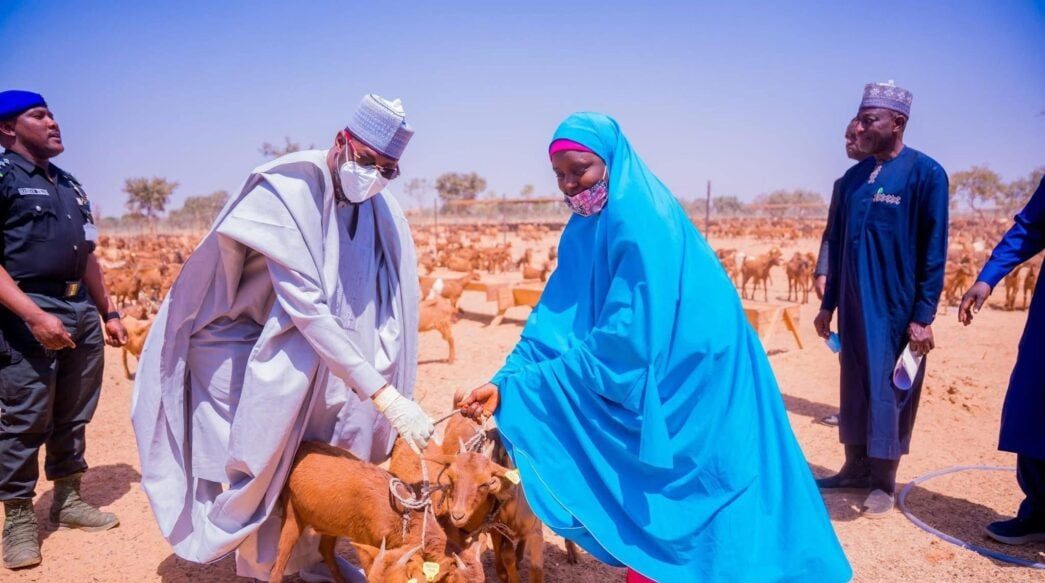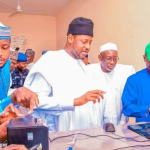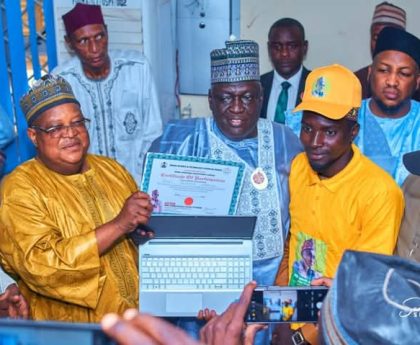N5.7 billion has been invested by Katsina State Government in its goat-rearing initiative aimed at boosting agricultural development through providing 3,610 women across 361 wards with four goats each.
This was disclosed during the launch at Dan-Nakolo in Daura Local Government Area (LGA) by Governor Dikko Radda who stated that the initiative is a significant milestone in the state’s agricultural development and a step toward realizing the vision of making Katsina a leader in self-sufficiency, not only across the northern region but also in Nigeria as a whole.
He said, “The Goat Rearing Initiative which cost N5.7 billion is designed to empower local farmers, especially women groups, through the Ministry of Women Affairs and community level committees by providing them with the resources, training, and support they need to rear goats successfully,”
He explained that the goat rearing initiative is a vital part of the broader strategy to boost livestock farming, enhance food security, and create sustainable livelihood opportunities for farmers.
In his own words, “We are also implementing training programs for farmers, equipping them with the skills needed for effective breeding practices. This program will cover essential aspects such as animal nutrition, health management, and sustainable farming techniques.
“Our goal is to create a knowledgeable and skilled workforce capable of driving the livestock sector forward, ensuring that we remain competitive and resilient in the face of challenges.
“In addition to improving health protection, this initiative will foster economic diversification by creating platforms for local markets to thrive, aligning with our ambition for economic self-reliance.”
Also, Yusuf Suleiman, the Special Adviser to the governor on livestock, grazing, and reserves, earlier in his own speech at the launch said, that the distribution of goats to these groups reflects the government’s dedication to promoting inclusive growth and reducing poverty.
He said, “As we implement this initiative, we recognise the crucial role that women play in driving economic progress and improving livelihoods. By providing them with the resources and support they need, we are confident that they will thrive and become catalysts for positive change in their communities.”




